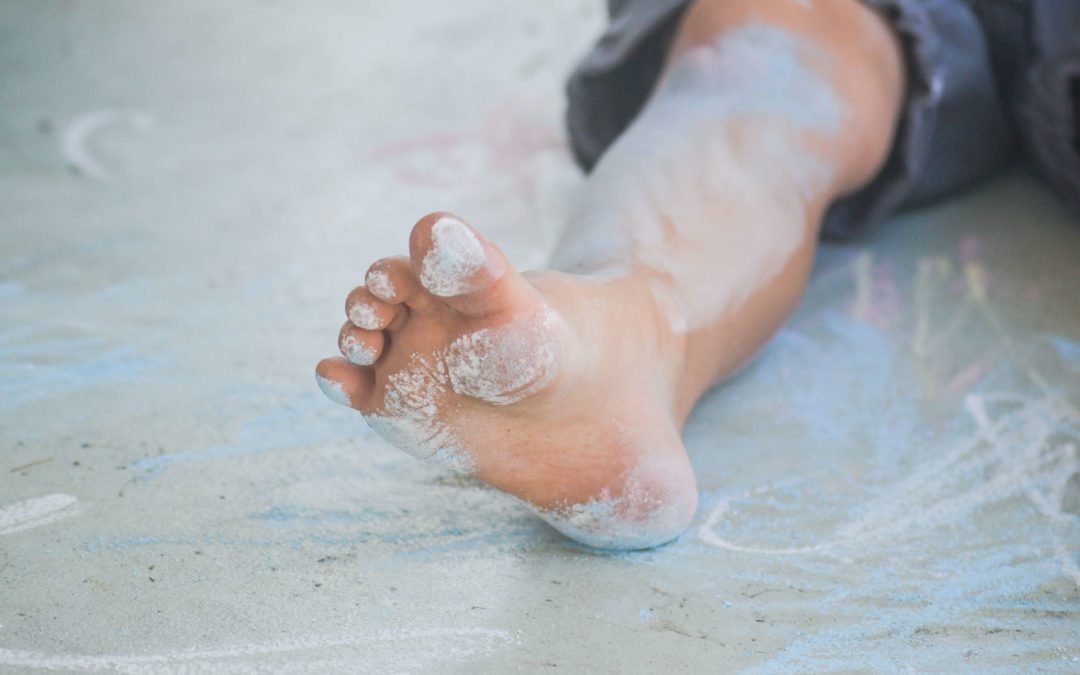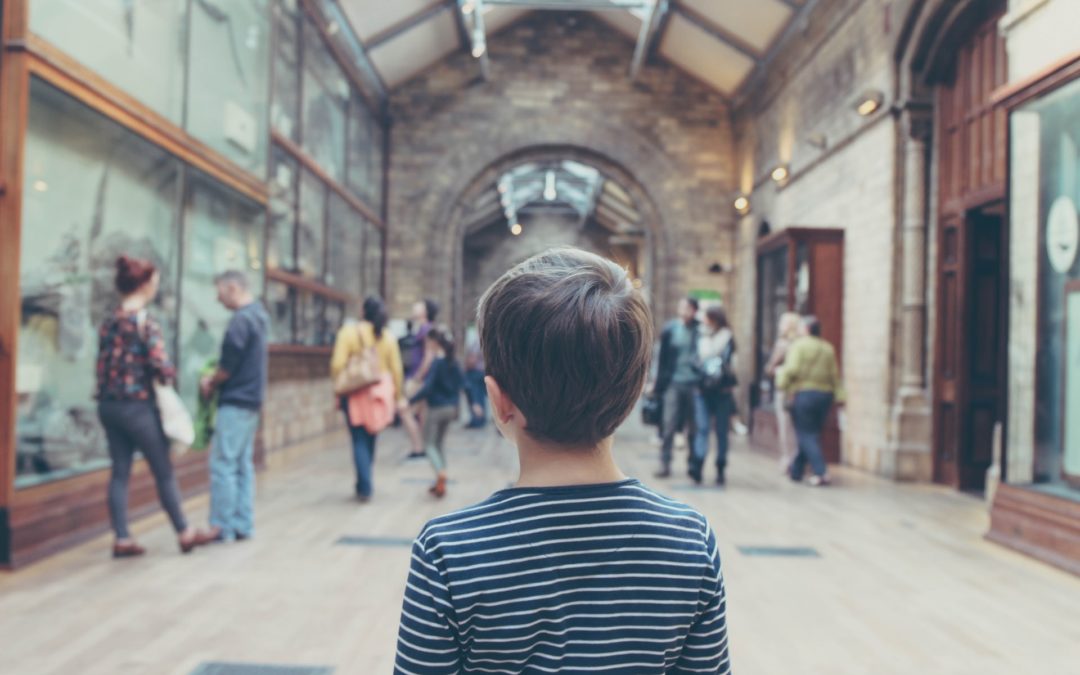We’ve got to the walking, talking bit. At the bottom end of this age bracket, you’ve got your little munchkin wobbling around with his/her nappy challenging his/her knee joints in a battle of wills, and at the top end you’ve got your capable little preschooler waving you off for a couple of hours a day. In that sense, this age range is the dawn of a new era…
The top end… Two to Three years
Remembering that all children develop at different rates, I am trying to give you a few things that you can do with your child that will interest them and won’t be expecting too much.
This isn’t an exhaustive guide and if you are the main carer for your child, so you’re at home all day with them, I cannot totally fill your day here…
This is the age when going to parent and toddler groups and baby swim sessions, music groups etc become really important.
This can be a bit weird if you are the only dad there and I know that many of us hide away at home rather than face it, but look out for our article on tips on how to survive parent and toddler groups as a Dad and let us know your experiences via the forum. I would really recommend that you do get out to groups, because your child is quite agile, wanting to learn about life, has a short attention span, high activity threshold… in a nutshell (apologies for those with allergies!), hard work to be stuck in the house with all day!
If you are out at work and another is at home with your toddlers at this point, I am going to say what I always do…please respect how totally ”full -on” their day will be at this stage and help them to get out and meet other parents in the same stage!
Anyhow, your two-year-old will most likely be:
- Starting to use “things as things” in play. So, like, a stick becoming a sword.
- Still sleeping in the daytime at some point.
- Copying other children as well as adults (for better and for worse.)
- Finally starting to show the basics of reasoning skills… sometimes! In other words, they may at times be able to listen to a warning and not have to test it… learning without burning! You may be able to explain something such as why it is a bad idea to paste dog food from his bowl all over the kitchen cupboard doors.
Play for Twos and Threes
As his/her language increases, s/he is more able to make friends and to actually play with other children. At first, s/he will play her/his own game, alongside them and then towards the three year old milestone, they will discover each other and play co-operatively.
Your child will chatter along to themselves incessantly and pick up new words at a great rate.
Sadly, you may be loved more than anyone else (as parents, this is your privilege) BUT you may not be your little person’s favourite playmate for much longer…don’t be put off by this, try to enjoy a few minutes here and there where s/he interacts with someone else….put the kettle on, say hi to your “other half”, text a friend…with one eye always on the little people.
At this stage I would suggest that they still need to be in the same room as an adult… from bitter experience, I can say that they aren’t ready to be out of sight.
- Imaginative play – Lots of play is imaginative at this point and also creative… so up and at ‘em… buy some washable finger paints, make some playdough and hit the charity shops for dressing up clothes!
- Outdoor play – Now as the mouth is mostly for talking and eating and not for exploring the environment, outside is a more safe and meaningful place to play than it was. Buy wellies, maybe a sand tray/pit, football, small slide and anything else safe and fun. Enjoy getting out as much as possible…the sun contains vitamin D and we all need it. It also protects against lowness of mood and as long as you use sun cream if it’s sunny, and wrap up if it is warm, it’s a great thing to encourage your little ones to do.
- Table play – At three, most children will enjoy some sort of craft or play at the table – one of my girls used to call it ‘table play’. Keep it really simple and at this age praise any engagement in the activity…don’t set targets (e.g. don’t say that’s ok but can you colour inside the lines?) It is very easy to discourage a child at this point as they are trying new skills ….fine movement is really tricky at the start. Table play is fab for rainy days and can be used with short periods of TV in between activities to allow you to clear up. These are the activities that Dads stereotypically avoid, but I have actually found can keep you sane….and win brownie points with tired “other halves” or bored toddlers!
- Colouring in – at this age your child can try some very simple colouring in, painting with fingers or fat brushes, copying letters or circles and shapes.Do you remember magic paint books? You just paint them with water and the colour comes out…the stuff of childhood…I remember going through five of these on the train to Margate as a kid!! I was almost four and thought that I had serious potential in the world of art and if you met me, you would know that that is entirely the feel-good factor of the magic book!!
- Cutting & threading – Cutting with safety scissors, and threading large items onto string (e.g. cotton reels onto a shoelace) come along when you’re around three years old and are very challenging indeed at first…so take it easy and praise every effort!
Emotional Development
At some point towards three years old, your child becomes aware that they are an individual, that they have a name (they will use their name to refer to themselves now) that they can be separate from you and trust that you will return and that they can trust some people that are not you.
This is a lot to take in, and happens at different rates for each of them. Basically, there’s loads going on in the minds of our toddlers so they need stability, routine, sleep and periods of quiet play at home to balance out the endless round of preschool/nursery, shopping, trips out etc.
If you are a non-resident dad, this can be a bit of a mixed bag at this age. Your child may be getting to know you more and be more willing to go with you, and the stuff you can do together is in many ways more exciting, but they do get tired easily and they may not cope with really long contacts with a lot of activity every time. If you don’t have a home where you can take them to have an afternoon sleep, or chill out time… try to build in long walks in the pushchair, reclined and covered up, when they would usually sleep… or half an hour driving, to encourage that nap-time. You may even have to be a bit realistic and shorten contacts at times, if they need time to relax.
Tantrums
You hear it all the time: the terrible twos. What I will say is that you can minimise tantrums by:
- Having good routine, ensuring that your buddy gets enough sleep and regular meals.
- Understanding how much their emotional fuel tank gets emptied by all the mind development stuff that goes on, and being sympathetic!
- Having consistent ways of dealing with tantrums, so your child knows what will happen.
- Making sure that your child knows that they are loved, whether they behave well or not.
I hope that gives you some things to enjoy with your child, and some ways to make life a little bit more fun. See you at 4-6 years!
Learn more about your baby by watching for developmental milestones here.
Related articles:
The First Three Months
Three to Six Months
Six to Nine Months
Nine to Twelve Months
Four to Six Years
Six to Eight Years
Eight to Eleven Years








